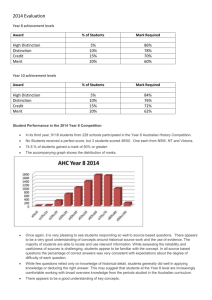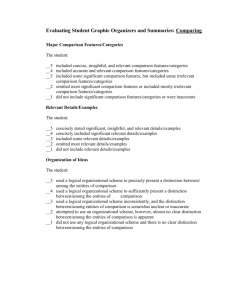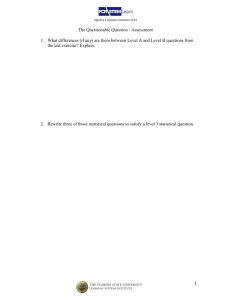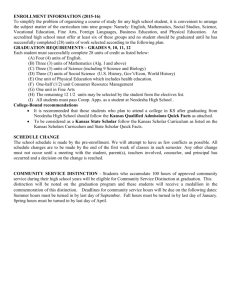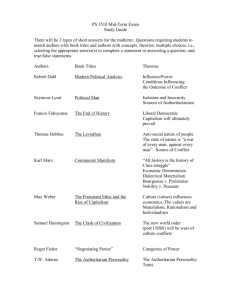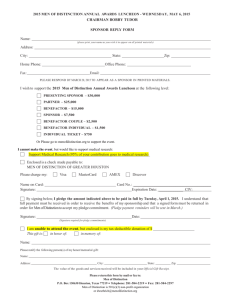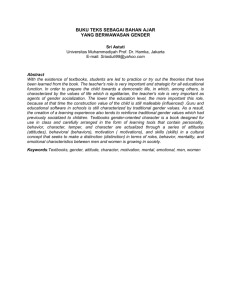Аспирантура
advertisement
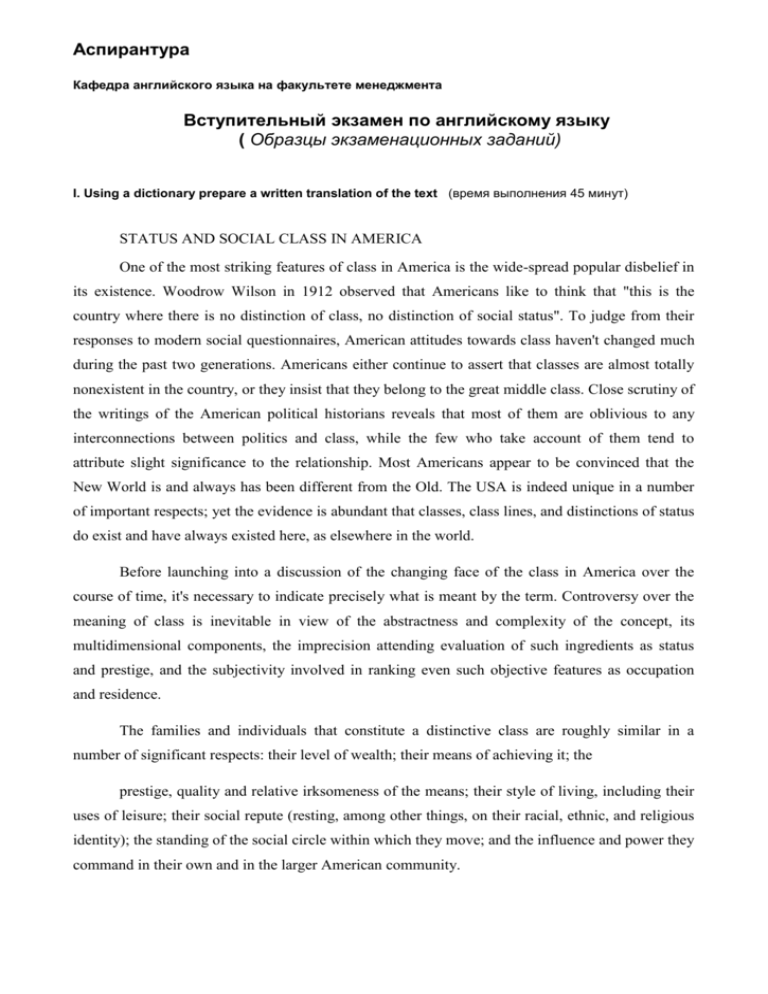
Аспирантура Кафедра английского языка на факультете менеджмента Вступительный экзамен по английскому языку ( Образцы экзаменационных заданий) I. Using a dictionary prepare a written translation of the text (время выполнения 45 минут) STATUS AND SOCIAL CLASS IN AMERICA One of the most striking features of class in America is the wide-spread popular disbelief in its existence. Woodrow Wilson in 1912 observed that Americans like to think that "this is the country where there is no distinction of class, no distinction of social status". To judge from their responses to modern social questionnaires, American attitudes towards class haven't changed much during the past two generations. Americans either continue to assert that classes are almost totally nonexistent in the country, or they insist that they belong to the great middle class. Close scrutiny of the writings of the American political historians reveals that most of them are oblivious to any interconnections between politics and class, while the few who take account of them tend to attribute slight significance to the relationship. Most Americans appear to be convinced that the New World is and always has been different from the Old. The USA is indeed unique in a number of important respects; yet the evidence is abundant that classes, class lines, and distinctions of status do exist and have always existed here, as elsewhere in the world. Before launching into a discussion of the changing face of the class in America over the course of time, it's necessary to indicate precisely what is meant by the term. Controversy over the meaning of class is inevitable in view of the abstractness and complexity of the concept, its multidimensional components, the imprecision attending evaluation of such ingredients as status and prestige, and the subjectivity involved in ranking even such objective features as occupation and residence. The families and individuals that constitute a distinctive class are roughly similar in a number of significant respects: their level of wealth; their means of achieving it; the prestige, quality and relative irksomeness of the means; their style of living, including their uses of leisure; their social repute (resting, among other things, on their racial, ethnic, and religious identity); the standing of the social circle within which they move; and the influence and power they command in their own and in the larger American community. II. Scan and translate the text (Время подготовки – 2 минуты) STATUS AND SOCIAL CLASS IN AMERICA One of the most striking features of class in America is the wide-spread popular disbelief in its existence. Woodrow Wilson in 1912 observed that Americans like to think that "this is the country where there is no distinction of class, no distinction of social status". To judge from their responses to modern social questionnaires, American attitudes towards class haven't changed much during the past two generations. Americans either continue to assert that classes are almost totally nonexistent in the country, or they insist that they belong to the great middle class. Close scrutiny of the writings of the American political historians reveals that most of them are oblivious to any interconnections between politics and class, while the few who take account of them tend to attribute slight significance to the relationship. Most Americans appear to be convinced that the New World is and always has been different from the Old. The USA is indeed unique in a number of important respects; yet the evidence is abundant that classes, class lines, and distinctions of status do exist and have always existed here, as elsewhere in the world. Before launching into a discussion of the changing face of the class in America over the course of time, it's necessary to indicate precisely what is meant by the term. Controversy over the meaning of class is inevitable in view of the abstractness and complexity of the concept, its multidimensional components, the imprecision attending evaluation of such ingredients as status and prestige, and the subjectivity involved in ranking even such objective features as occupation and residence.
